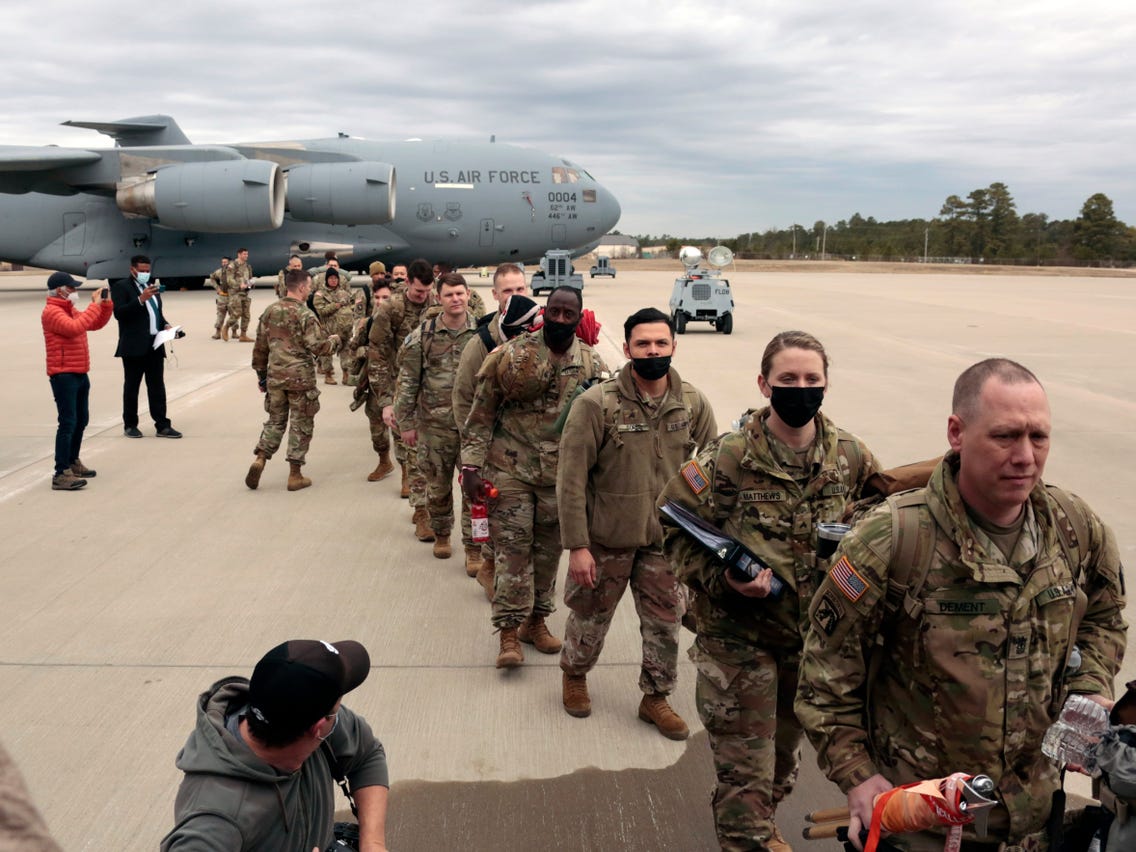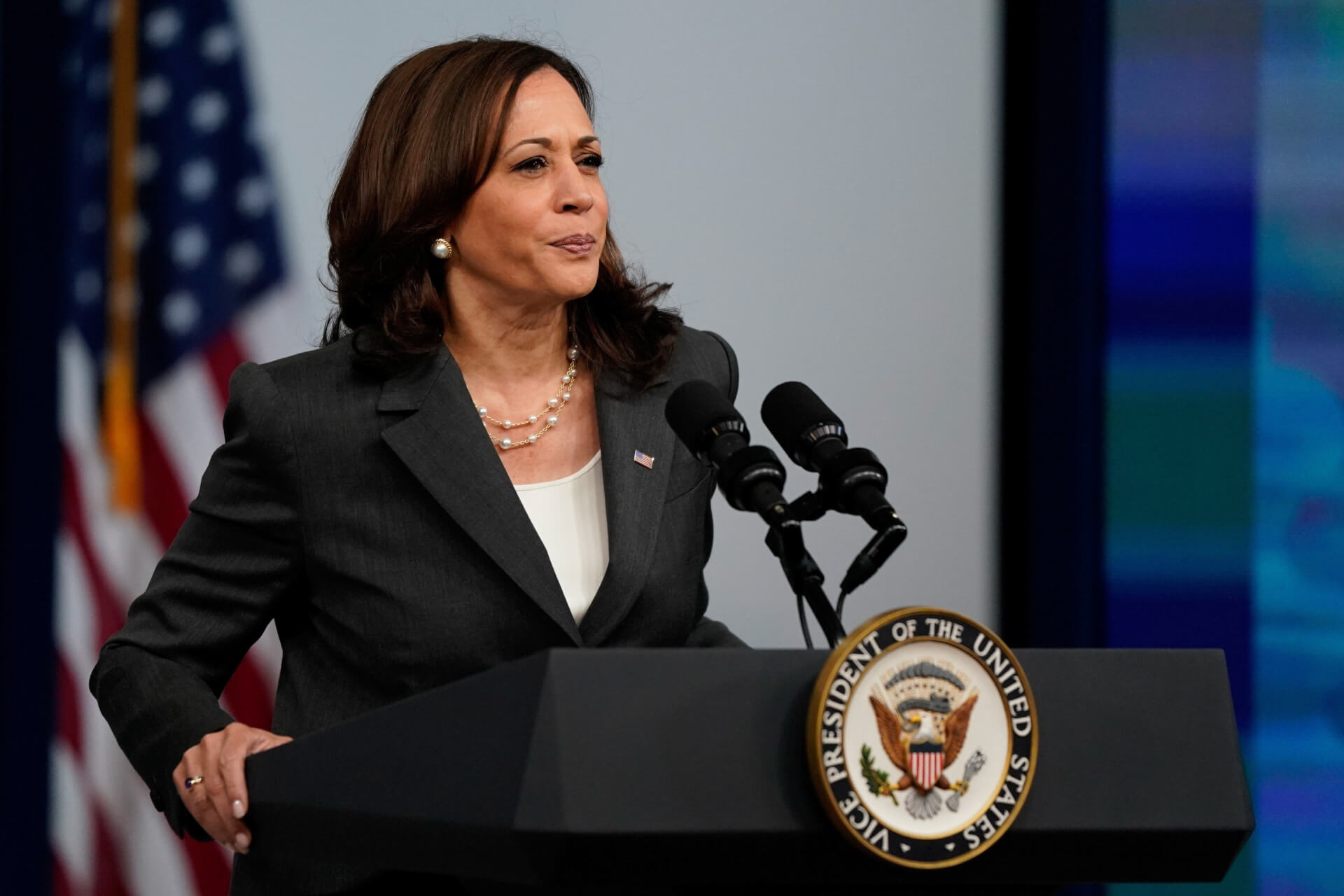United States (US) Vice President Kamala Harris will meet with major European leaders at Munich Security Conference from Friday until Monday next week to address Russia’s aggressive military behaviour. She is expected to reaffirm America’s support for the North Atlantic Treaty Organization (NATO) and Ukraine amid concerns over an imminent Russian invasion of Ukraine. Harris’ attendance at the conference marks her fifth foreign trip as Vice President, following trips to Mexico, Guatemala and Honduras, Singapore and Vietnam, and France.
Harris’ upcoming visit comes against the backdrop of US President Joe Biden’s bilateral engagement with Russia and Ukraine over the weekend. During his call with Ukrainian President Volodymyr Zelensky, Biden said that America and its allies are prepared to “swiftly and decisively” respond to further Russian aggression.
In a separate call with Russian President Vladimir Putin, Biden threatened to inflict “severe costs” on Moscow over any further attacks on Kyiv. A senior White House official called the conversation between Biden and Putin “professional and substantive”; however, he underscored that there was no progress made towards effective de-escalation of the security situation. The official also confirmed that the Biden administration remains unsure about whether Putin will invade Ukraine, calling it a “distinct possibility.”
Likewise, on Saturday, US Secretary of Defence Lloyd Austin talked to Russia’s Minister of Defence Sergei Shoigu, discussing Moscow’s military presence in territories such as Crimea and around Ukraine. The call came after Pentagon announced the deployment of an additional 3,000 troops to Europe in an effort to bolster NATO’s Eastern flanks and deter Russia from further military aggression. The Pentagon also announced that it is “temporarily” withdrawing its 160 troops placed in Ukraine.
Similarly, on Friday, Austin spoke with his NATO ally counterparts, wherein he provided reassurances of the US’ commitment to the Alliance amid Russia’s changing military posture. US intelligence estimates that the presence of Russian troops along the Ukrainian border has gone up from 100,000 to 130,000. Keeping this in mind, Biden announced earlier this month that the US is planning to deploy 3,000 troops to Poland and Romania to boost NATO’s defence capabilities against increasing Russian hostilities. Washington has also placed 8,500 troops on high alert to swiftly serve the NATO Response Force, a 40,000 strong multinational troop force.

Additionally, a senior US State Department official confirmed on Sunday that America will suspend all consular activities in Kyiv, asserting that the situation in Ukraine is increasingly heading towards war. The official announced that the US is reducing its diplomatic mission’s capacity to conduct only essential business. However, the official added that the city of Lviv will continue to serve the 7,000 American citizens in Ukraine. This is a marked change from January, when the State Department was criticised by Ukraine for announcing the withdrawal of personnel from the US embassy in Kyiv, which argued at the time that the decision was “premature” as there was no change in the security situation to prompt the move.
While talking to reporters, Russian Presidential Aide Yury Ushakov said the phone call between Biden and Putin was called by the US to address a possible Russian invasion of Ukraine, which Ushakov dismissed as “hysteria” coordinated by the West. According to Ushakov, Putin told Washington that he will “carefully study” Biden’s proposal even though the proposals fail to address Moscow’s key concerns regarding NATO’s eastern expansion and the deployment of US missile systems in Europe.
Meanwhile, in a separate call with the French President Emmanuel Macron, Putin complained that the US’ security proposal lacks substance, accusing Western countries of not asking Ukraine to follow the implementation of the Minsk Agreements. Putin also talked to Russian ally and Belarusian leader Alexander Lukashenko to update him on developments about the current situation with the US-NATO regarding Russia’s security proposal. Russia and Belarus are currently engaged in joint military exercises. Lukashenko has previously offered to house Russian nuclear warheads on Belarusian soil.

